Sam rated Sophie's World: 4 stars
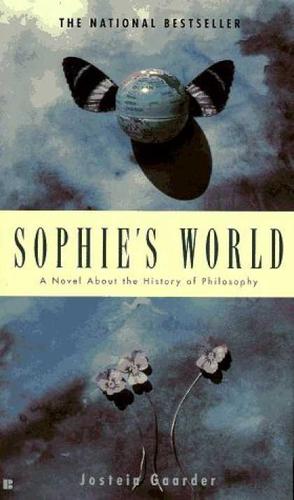
Sophie's World by Jostein Gaarder
A page-turning novel that is also an exploration of the great philosophical concepts of Western thought, Sophie's World has fired …
Cooperator, luddite, and Atlantan. Solidarity forever 🌹. When not reading 📚 probably wants to be out swing or blues dancing 🕺, backpacking ⛺🥾, climbing 🧗, or mountain biking 🚵.
This link opens in a pop-up window

A page-turning novel that is also an exploration of the great philosophical concepts of Western thought, Sophie's World has fired …
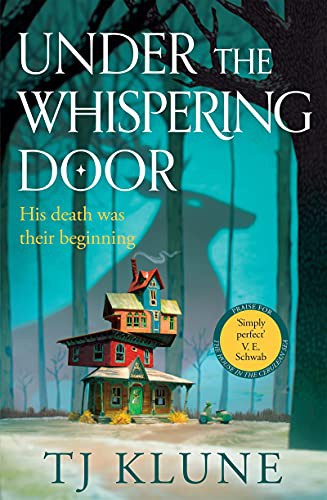
Welcome to Charon's Crossing. The tea is hot, the scones are fresh, and the dead are just passing through.
…

In 2025, with the world descending into madness and anarchy, one woman begins a fateful journey toward a better future.
…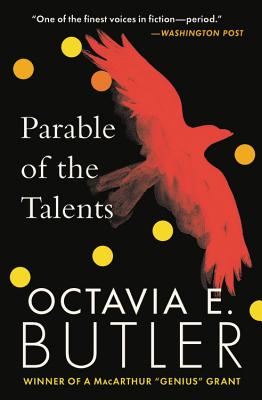
Environmental devastation and economic chaos have turned America into a land of depravity. Taking advantage of the situation, a zealous …
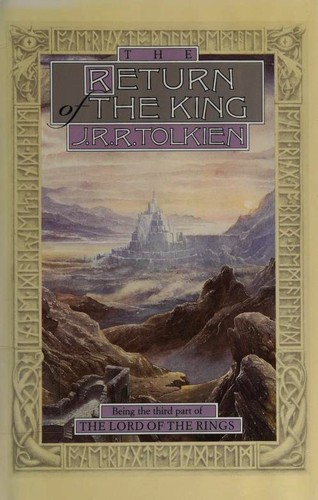
In celebration of The Hobbit's fifteenth anniversary, the authoritative edition of its stirring sequel, The Lord of the Rings, is …
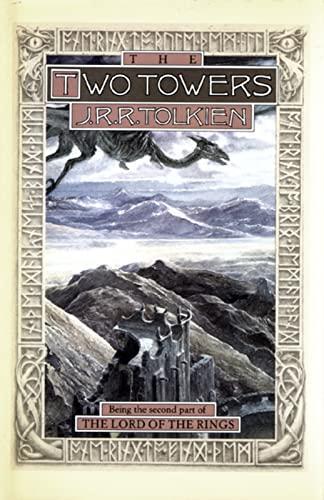
In celebration of The Hobbit's fiftieth anniversary, the authoratative edition of its stirring sequel, The Lord of the Rings, is …
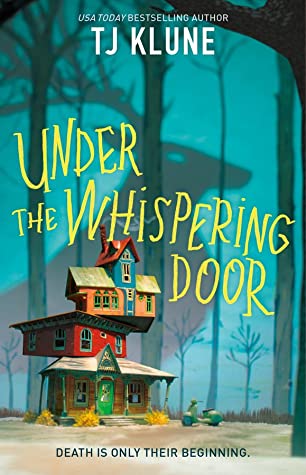
Welcome to Charon's Crossing. The tea is hot, the scones are fresh, and the dead are just passing through.
…
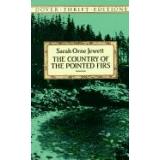
There was something about the coast town of Dunnet which made it seem more attractive than other maritime villages of …
While I really enjoyed this book and it still had a lot of what made "The House in the Cerulean Sea" so enjoyable, I didn't find the ending particularly compelling. While the the trans allegory is great, I found the contradiction between the earlier chapters where they're having to convince Lucy that taking the easy way out isn't helpful and will be a hollow victory (he wants to use his power to remove free will and force everyone to accept them), and the end where a queen unilaterally uses force to impose her will on the town, which amounts to the same thing, felt a bit jarring. Surely the point of the early chapters was that the correct way is solidarity and community organizing, not force, but then they end up doing the exact thing the non-magical peoples fear? Unclear exactly what was being said here. That said, I suppose …
While I really enjoyed this book and it still had a lot of what made "The House in the Cerulean Sea" so enjoyable, I didn't find the ending particularly compelling. While the the trans allegory is great, I found the contradiction between the earlier chapters where they're having to convince Lucy that taking the easy way out isn't helpful and will be a hollow victory (he wants to use his power to remove free will and force everyone to accept them), and the end where a queen unilaterally uses force to impose her will on the town, which amounts to the same thing, felt a bit jarring. Surely the point of the early chapters was that the correct way is solidarity and community organizing, not force, but then they end up doing the exact thing the non-magical peoples fear? Unclear exactly what was being said here. That said, I suppose there's nothing wrong with a feel good narrative where you can just punch all the bigots in the face too, it just felt out of place with the rest of the book.
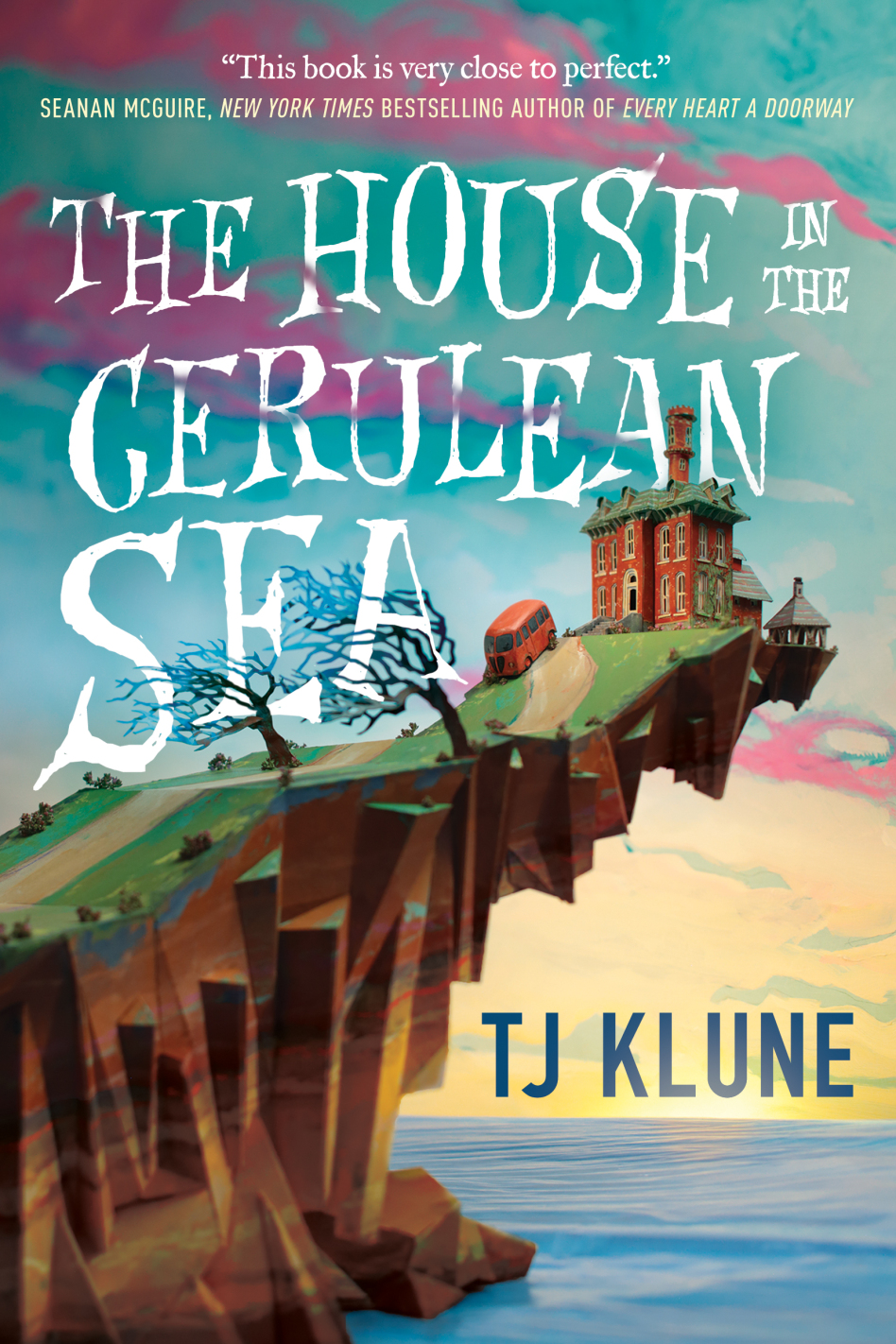
A magical island. A dangerous task. A burning secret.
Linus Baker leads a quiet, solitary life. At forty, he …

The Tolkien Reader is an anthology of works by J. R. R. Tolkien. It includes a variety of short stories, …

In a strange little home built into the branches of a grove of trees, live three robots—fatherly inventor android Giovanni …
I vaguely remember that I got this from the library before and couldn't read it; something about the language the author used bothered me a lot. But I don't remember the specifics and more people recommending it so maybe I was wrong and I need to try again.
I vaguely remember that I got this from the library before and couldn't read it; something about the language the author used bothered me a lot. But I don't remember the specifics and more people recommending it so maybe I was wrong and I need to try again.